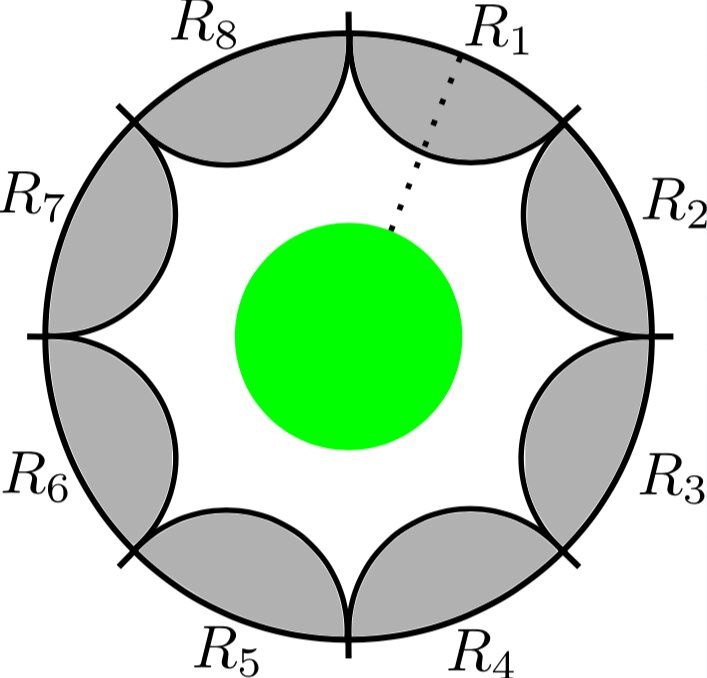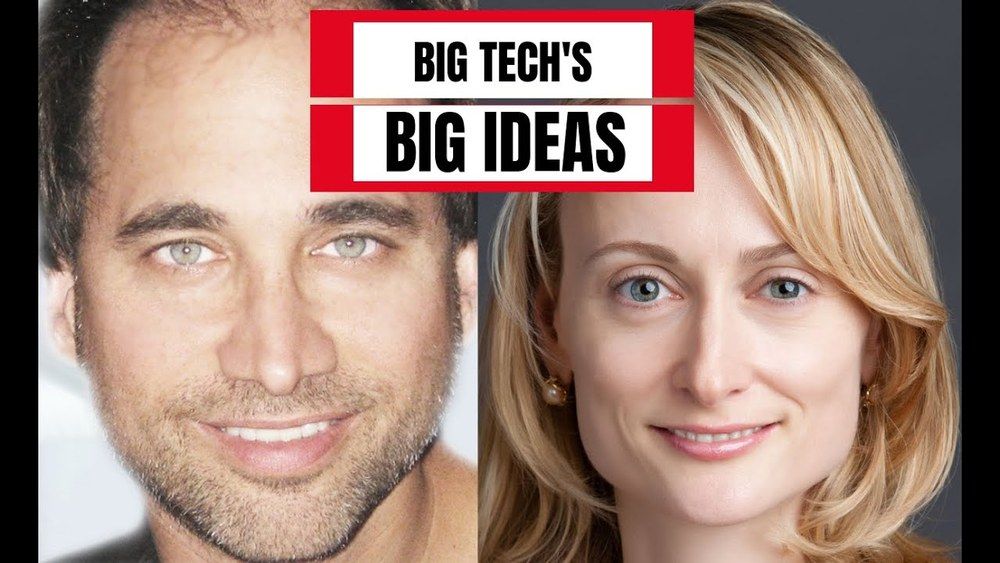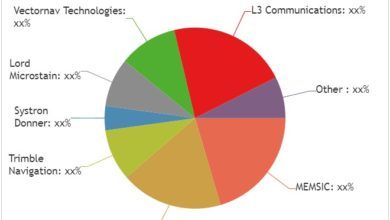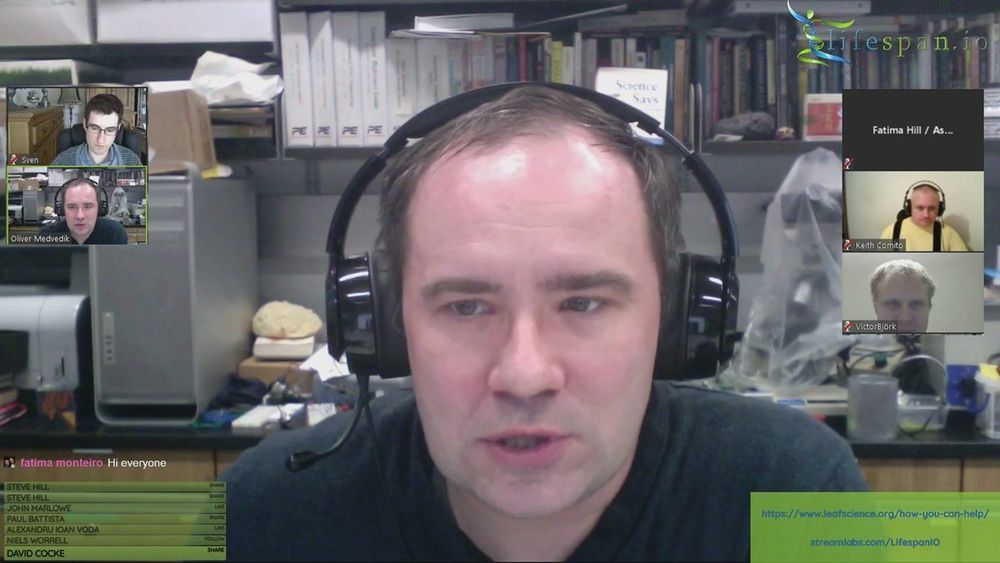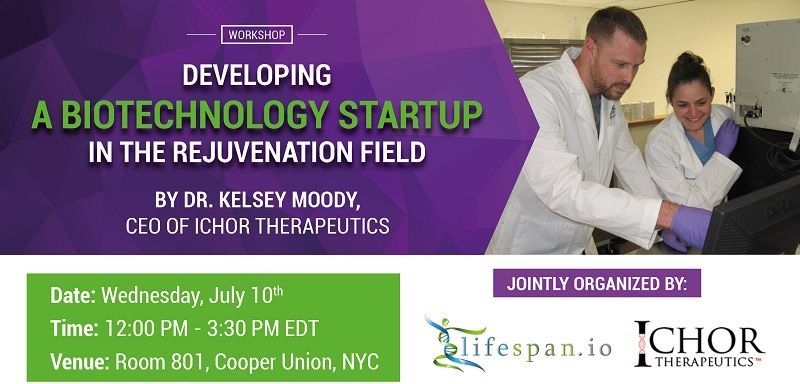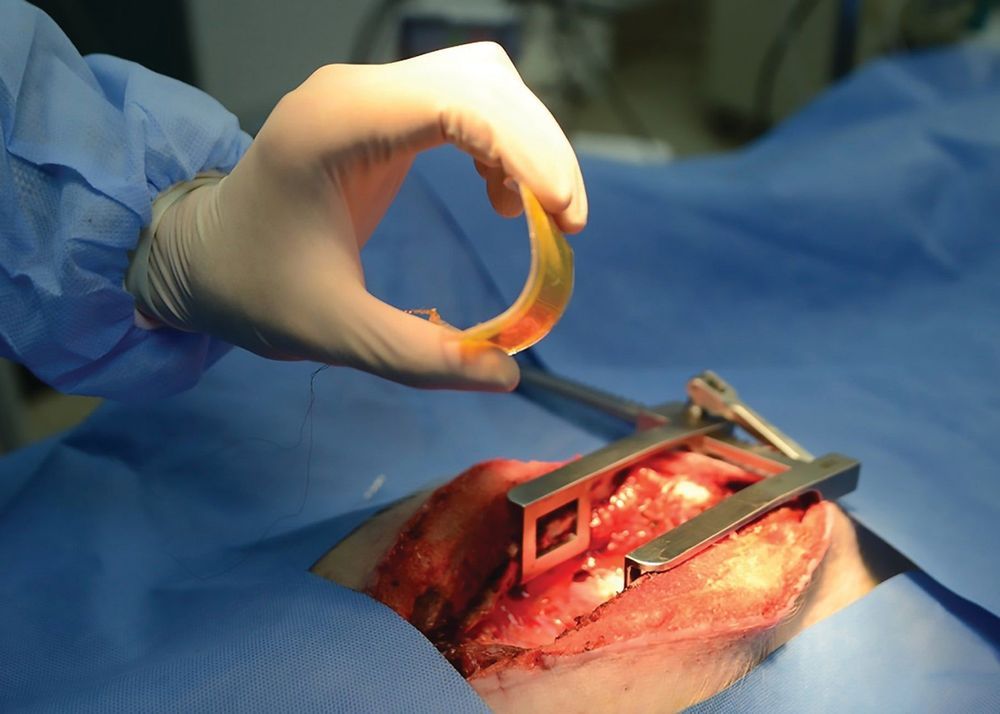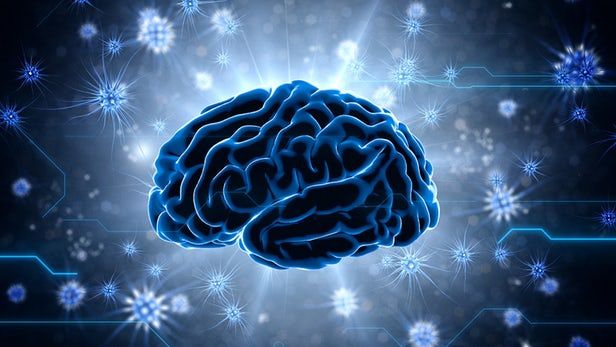May 28, 2019
Researchers demonstrate constraints on symmetries from holography
Posted by Genevieve Klien in categories: particle physics, quantum physics
A pair of researchers, one at the Massachusetts Institute of Technology (MIT) and another at California Institute of Technology (Caltech) and the University of Tokyo, have recently investigated a set of old conjectures about symmetries in quantum gravity. The specific conjectures of focus: Quantum gravity does not allow for global symmetries; For gauge symmetry, all possible charges must be realized; Internal gauge groups must be compact. Their paper, published in Physical Review Letters, shows that these old assumptions hold within the anti-de Sitter/conformal field theory (AdS-CFT) correspondence.
“Historically, the concept of symmetry has played important roles in physics, both in identifying and formulating fundamental laws of nature, and in using these laws to understand and predict natural phenomena such as dynamics and phases of matters,” Hirosi Ooguri, one of the researchers who carried out the study, told Phys.org. “However, there has been theoretical evidence to suggest that, once we combine gravity and quantum mechanics (the two fundamental ideas in modern physics), all global symmetries are gone.”
In physics, symmetries can be of two kinds: gauge and global. For several decades, researchers have proposed the idea that global symmetries should not be possible in quantum gravity, as the unified theory of gravity and quantum mechanics would not allow for any symmetry. This is a profound claim with important consequences. For instance, it predicts that a proton would not be stable against decaying into other particles.
Continue reading “Researchers demonstrate constraints on symmetries from holography” »
